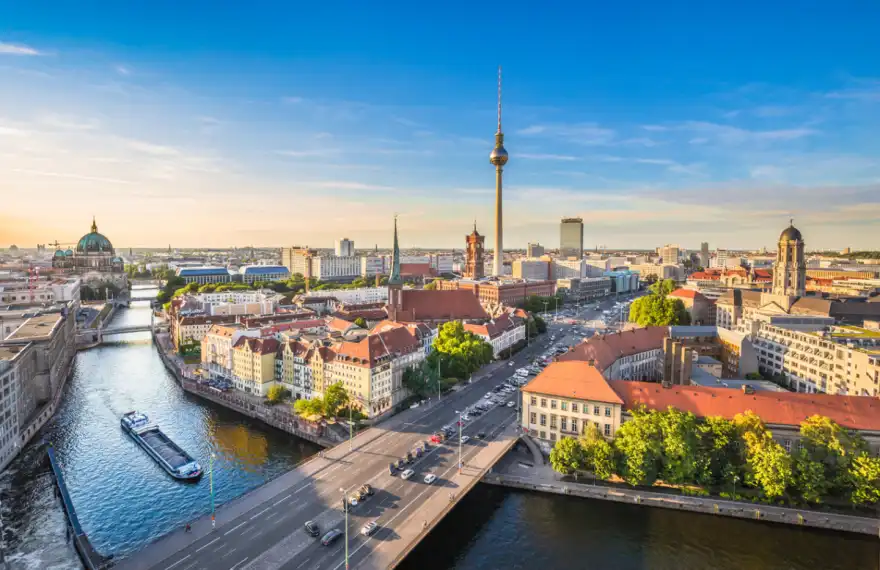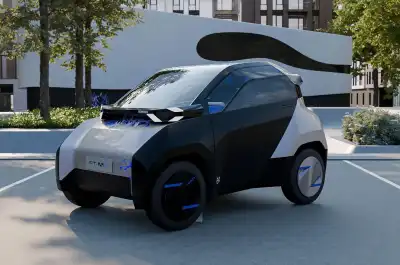
Berlin could soon become one of the most car-free cities in the world. A court has just ruled that locals can vote next year on whether to ban most cars from driving through the city.
If the vote passes, you’d only be able to drive into the city centre 12 days a year. Yep, 12. But don't worry — emergency services, taxis, buses, delivery vans, and rubbish trucks would still be allowed in. Highways managed by the federal government would also stay open to cars.
The push comes from the ‘car-free Berlin’ movement, which has been campaigning for years. They originally tried to hold a vote back in 2022, but were blocked. Now, Berlin’s high court says the referendum can go ahead — but campaigners need to collect 170,000 signatures in the next three months to make it official.
Berlin’s not the only city trying to kick cars to the curb.
- Amsterdam wants to ban all cars by 2030. They've already banned older diesel cars and will ban mopeds and motorcycles this year.
- Zermatt in Switzerland already bans private cars completely.
- Pontevedra in Spain has pedestrianised much of its city centre.
- Venice has always been car-free — canals don’t need roads.
In the UK, we’re not quite there yet. Cities like London have ULEZ — a daily charge for driving older, polluting cars.
You can check your vehicle's ULEZ compliance with Regit for free.
Scotland’s taking it further. Glasgow, Dundee, Aberdeen, and Edinburgh now have Low Emission Zones (LEZs), which completely ban certain older vehicles. There’s no option to pay a fine — if your car doesn’t meet the rules, you're not allowed in.
Fines start at £60 (or £30 if you pay quickly), but repeat offences can rack up fast — up to £480 for cars and vans, or £960 for HGVs and buses. After 90 days, your record resets.
Meanwhile, Oxford’s gone a different route with a Zero Emission Zone — charging all vehicles, regardless of age or fuel type, to enter certain streets. Only fully electric cars get in for free.




